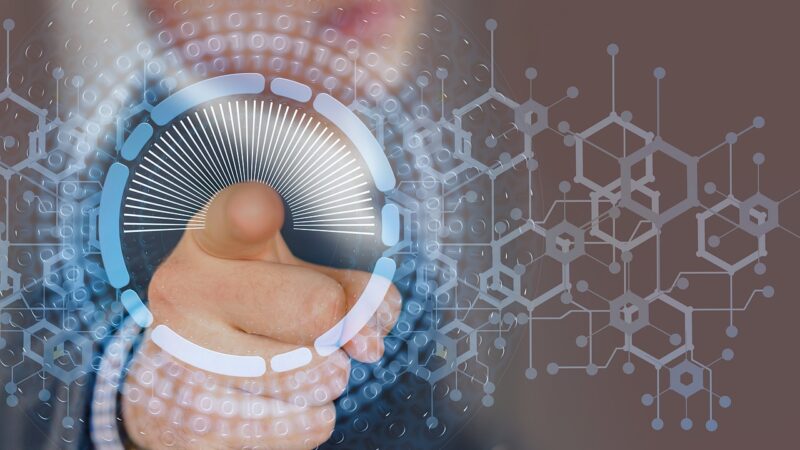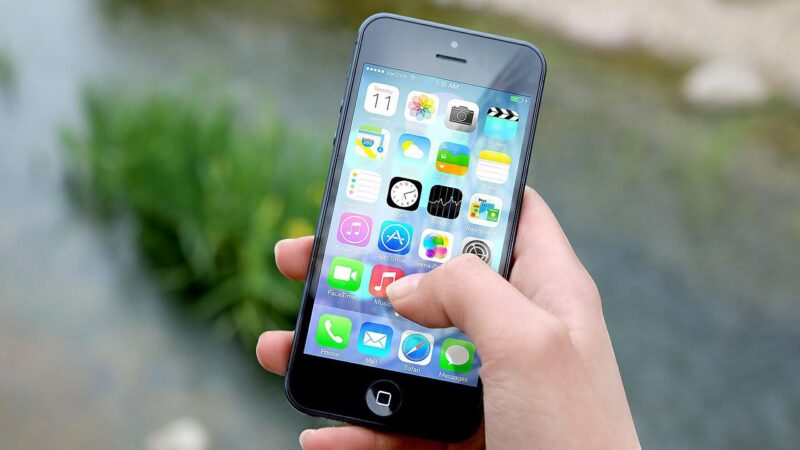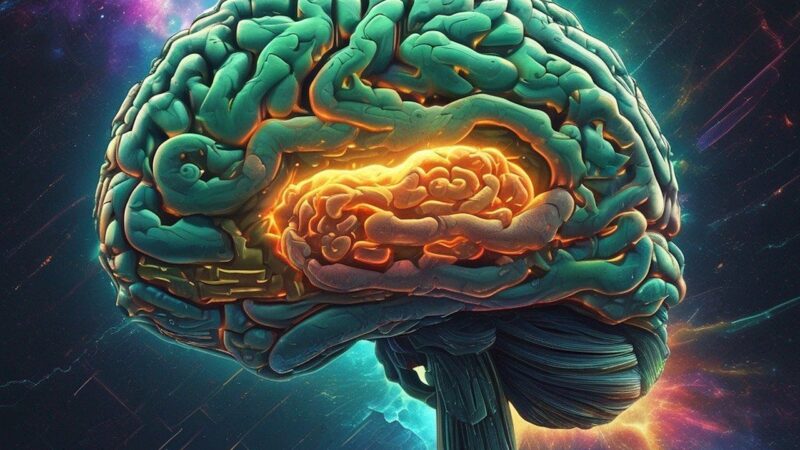The best books to understand artificial intelligence

To stay informed about the latest developments and ideas about artificial intelligence, it is crucial to read up-to-date literature on the subject.
For this reason, today we review the current state of AI and its possible applications and implications through the selection of a series of volumes on artificial intelligence that will help us delve into this field in intense growth and that will mark the future of the world.
“Introduction to artificial intelligence”, by José María Girón Sierra (2023)
From virtual assistants to movie recommendation systems, AI has revolutionized the way we interact with the digital world. Although there are concerns about its impact on society, AI is expected to continue to evolve and improve in the future. “Introduction to Artificial Intelligence” is a valuable resource for all those interested in the subject.
“Artificial Intelligence: What We All Need to Know” by Jerry Kaplan (2017)
Kaplan, PhD and expert in artificial intelligence (professor of AI at Stanford University), offers an accessible and comprehensive introduction to the world of AI. The book covers the history of artificial intelligence, its various applications, and its potential consequences for society. His work is a great starting point for those interested in understanding the basics of AI and how they relate to our lives.
“AI Superpowers: China, Silicon Valley, and the New World Order,” by Kai-Fu Lee (2020)
Kai-Fu Lee, a Taiwanese AI expert, computer scientist, entrepreneur, and writer, discusses the global race for AI dominance between the United States and China. He provides an insightful analysis of how artificial intelligence will transform the economy and impact our lives, emphasizing the need for a new social contract to address the challenges that this technology presents us. The book offers a unique perspective on the geopolitical implications of the rapid development of AI. Lee is a bestselling author and has over fifty million followers on social media.
“The enemy knows the system”, by Marta Peirano (2019)
Everything you don’t want but need to know about power, the economy, society and telecommunications in the information age, says the journalist specializing in technology and power, Marta Peirano. Among other things, Peirano’s work highlights, in recent times, the importance of understanding and addressing the ethical challenges presented by AI algorithms , as well as discussing possible solutions and regulatory frameworks.
“Artificial intelligence (what do we know about?)”, by Ramón López de Mántaras (2017)
Pioneer of artificial intelligence in Spain, the CSIC research professor and director of the Artificial Intelligence Research Institute, Ramón López de Mántaras, examines in this book the relationship between humans and AI, focusing on the challenges and opportunities that coexistence entails . López de Mántaras offers a balanced analysis of the potential impact of AI on society and our ability to adapt and thrive alongside it.
“Superintelligence: Paths, Dangers, Strategies”, by Nick Bostrom (2016)
It is curious how already in 2016, the well-known philosopher Nick Bostrom explores the potential development of artificial general intelligence (AGI): machines capable of surpassing humans in practically any intellectual task. He discusses possible pathways to AGI, the risks it might pose, and the strategies we can use to ensure its development benefits humanity. The entire volume invites reflection on the ethical, social and technical challenges that super-intelligent machines can present.
“Artificial Intelligence: How the world (and your life) will change”, by Pablo Rodríguez (2023)
The fuel of artificial intelligence, data can transform people’s lives by addressing significant problems and anticipating future events. Artificial intelligence algorithms, supported by massive databases, work in areas such as medicine, accessibility, value for money, and equity. This book by Pablo Rodríguez, a doctor in computer science and an expert in Internet technologies, offers a journey through the history of data, analyzes its operation and the future of artificial intelligence. It is a comprehensive analysis of the next great human revolution powered by data and artificial intelligence.
“Life 3.0”, by Max Tegmark (2018)
How will artificial intelligence affect crime, war, justice, work, society and the meaning of our lives? Physicist Max Tegmark examines the impact of AI on human life and society. The book explores various scenarios for the potential development of AI and discusses the ethical, philosophical, and technical challenges it could present.




